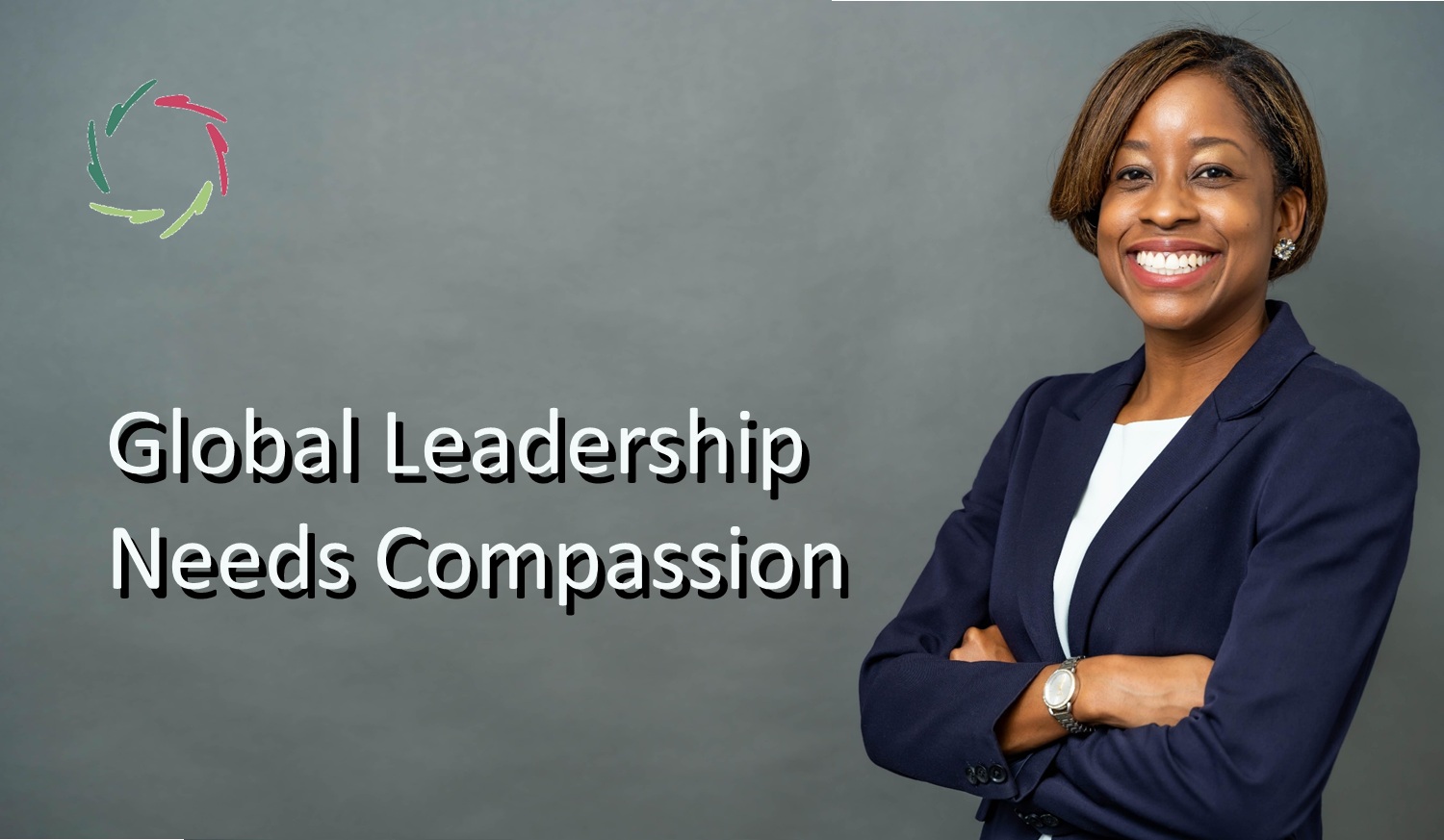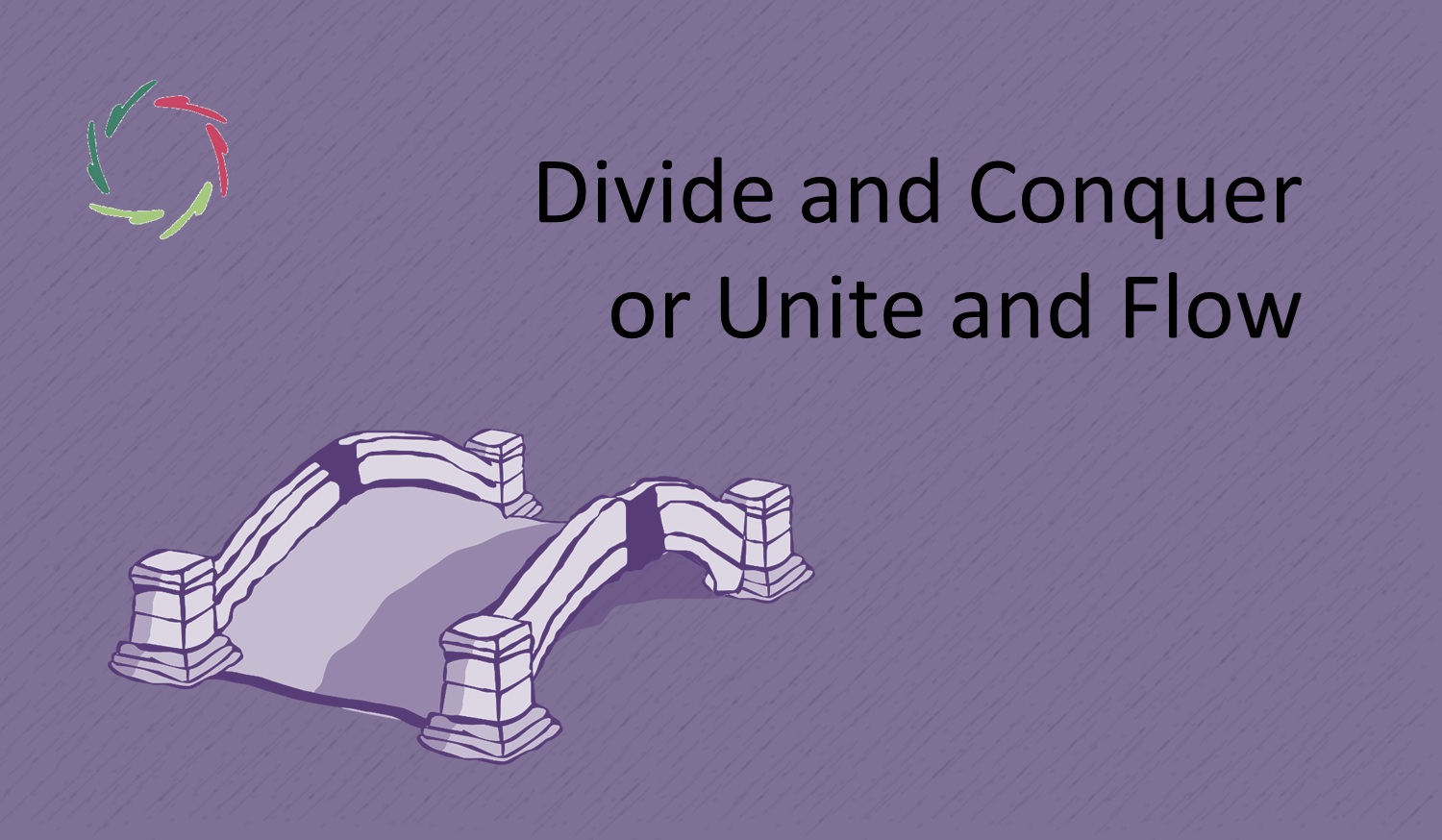The Great Clash of Cultures

We’re living through a time of great promise and profound danger. As societies across the world grow closer digitally and economically, longstanding cultural differences are coming into sharper focus.
This ‘global village’ has the potential to enrich us all, offering unparalleled mental and cultural nourishment to anyone willing to engage deeply. Yet, these opportunities are overshadowed by mounting cultural frictions, fueled by misunderstandings, economic inequalities, and historical wounds. Today, more than ever, we face the challenge – and the hope – of creating a world where diversity is a source of joy, not division.
Defining the problem
The forces that connect us – global trade, the internet, and instantaneous communication – also amplify the fault lines between cultures. Economic competition, ideological divides, and historical grievances now play out on a global stage, intensifying tensions. For example, economic policies in one part of the world can ripple into distant regions, feeding resentment. Media representations can turn cultural differences into spectacles, and social media often fuels misunderstandings and division.
This growing clash reflects the lack of depth and Compassion in many interactions between cultures. Without these qualities, we risk reducing our shared humanity to surface-level assumptions and fueling dangerous stereotypes.
Cultural resonance over uniformity
A sustainable global village doesn’t mean flattening differences or forcing uniformity. Instead, we can cultivate cultural resonance ― a way of interacting where cultures maintain their unique voices while finding common ground in shared values and deeper human experiences.
Consider the way music brings people together. In a multicultural city like New York, jazz draws from African, European, and Caribbean roots, resonating with diverse audiences worldwide. This synergy doesn’t erase any tradition; rather, it amplifies each one’s unique strengths. Similarly, fostering cultural resonance means finding spaces for diverse traditions to interact in ways that enrich rather than dilute them.
Inner diplomacy and Compassionate leadership
To address cultural clashes, inner diplomacy is essential. This involves acknowledging and confronting one’s biases, stereotypes, and cultural preconceptions before engaging with others. It’s a process of making peace within ourselves so that we can relate openly and authentically with those from different backgrounds. For instance, a person raised with stereotypes about a particular group may take time to examine and question these biases, creating an inner foundation for genuine understanding.
Compassionate (Open) Leadership plays a critical role in guiding communities toward unity. Leaders who prioritize empathy and inclusivity can transform divisive situations into opportunities for growth and dialogue. For example, after an incident of cultural misunderstanding, a community leader might organize a dialogue circle where people can share perspectives openly. Such forums, underpinned by Compassion and introspection, can defuse tensions and build trust.
The paradox of the digital global village
Digital platforms connect us across borders, but they often deepen divides, reinforcing echo chambers that amplify misunderstandings. This paradox can be overcome by encouraging more reflective use of digital spaces.
Here, initiatives like DailyTwinkles can be positive: gentle, positive messages that foster empathy and curiosity across cultures. These could appear as prompts on social media or apps, offering simple suggestions to reflect on shared human experiences or appreciate aspects of another culture.
These small prompts can gradually build a habit of open-minded reflection, softening the walls of digital echo chambers and encouraging more thoughtful engagement.
A new kind of patriotism: pride in roots, openness to others
We can nurture a global identity where people feel proud of their heritage while embracing a larger sense of belonging to humanity. This new patriotism doesn’t sacrifice local pride; instead, it reframes cultural identity as part of a collective masterpiece where every culture contributes something valuable.
For instance, in an educational program that teaches students about their own culture alongside others, the emphasis could be on exploring how each culture has contributed to global achievements in science, art, and philosophy. Students might explore not only their heritage but also how cultures worldwide have solved similar challenges, fostering both pride and respect for diversity.
By helping people see their culture as a nourishing part of the world’s cultural tapestry, we can encourage a mindset that values both roots and openness. This inner strength – firmness in identity alongside openness to others – can be nurtured in educational, cultural, and personal contexts, and it’s a key to creating a more unified global village.
A Compassionate vision for the future
Achieving a world where cultural richness nourishes rather than divides us requires intentional inner work and a focus on depth. In AURELIS, we see this journey as one that starts within. Autosuggestion can help individuals cultivate an open-mindedness that connects with their inner strength, reducing the need to hold rigidly to any one view and allowing for more fluid, authentic interactions. This inner resilience and Compassionate outlook are essential foundations for real peace.
Lisa, as a Compassionate A.I. companion, can support people on this path by providing guidance and resources that encourage self-reflection, Compassion, and inner growth. Through exercises in Compassionate introspection, Lisa can help individuals look beyond their own biases, recognize shared human experiences, and find common ground with others.
Call to action
A world where cultures truly resonate requires an approach that values both the richness of our diversity and the depth of our shared humanity. As individuals, we have the power to bridge divides by nurturing Compassion and depth within ourselves.
Our hope is that each person who reads this will take seriously the journey toward a more nourishing, inclusive, and peaceful global village, starting from within.


